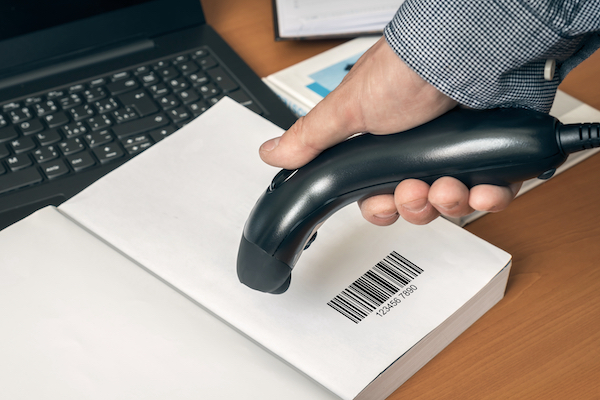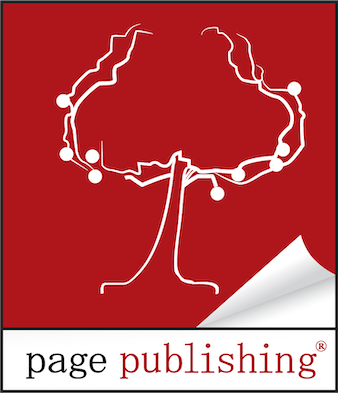
You’ve seen these numbers before, whether on the back cover by the barcode or on the copyright page. But do you know what ISBN numbers really mean? And more importantly, why should you, as an author, care? Let’s take a close look at ISBN numbers and answer some of the most frequently asked questions.
An ISBN, or International Standard Book Number, is a unique, 13-digit number that’s used to identify published books. Until 2007, ISBN numbers were only 10 digits, but with the explosion of self-publishing, they’re now extended to 13. This string of digits isn’t just a random combination—each ISBN follows a set formula for simplifying identification and cataloging books in databases. But what does it mean? Here’s how a typical ISBN breaks down:
- Prefix: This is either 978 or 979 and is the code for “books,” signifying that this set of numbers refers to an ISBN.
- Language/Registration Group: Books written in English are identified with either a “0” or “1.” Books translated from English to another language will require a separate ISBN.
- Publisher: Each publisher has its own code. You can find or search for publisher numbers through the Global Register of Publishers.
- Publication Info: The next six digits represent the book’s title, edition, and format.
- Check Digit: The last digit, which is mathematically calculated to validate the ISBN. It is often “0” or “1.”
ISBN numbers are required for all physical books if you want your book to be sold in brick-and-mortar stores or available in libraries. Booksellers will not accept books without being able to process them in their systems, and that requires a registered ISBN. The good news is that once you have an ISBN, it can be used internationally and it never expires. However, it cannot be reused, meaning that once you assign an ISBN to a book, you can’t go back and change your mind.
So how do you get an ISBN? There are two ways authors can secure an ISBN for their work.
- Provided by publisher or platform. Traditionally-published authors and authors who work with hybrid and small presses should be assigned an ISBN, which the publisher purchases on the author’s behalf. Many self-publishing platforms, such as Amazon KDP and Draft2Digital, offer free ISBNs. One caveat to Amazon’s free ISBN is that you will then be required to list Amazon as the publisher.
- Purchasing your own ISBN. Some independent authors prefer to purchase their own ISBNs through Bowker (MyIdentifiers.com). Owning your own ISBN means that you can publish “wide” rather than exclusively with Amazon. However, ISBNs aren’t cheap—a single ISBN from Bowker costs $125. For authors planning to write more than one book, the best deal is to purchase a bulk package of 10 ISBNs for $295. Since they don’t expire, you can hold onto them for use on future projects.
As mentioned, ISBNs are needed for physical books, but authors should also remember that they need a different code for each version of their book, including paperback, hardback, different language translations, large print, etc.
So, you’ve got your ISBN and assigned it to a book—great! But, what if something changes? (Because there are always changes in publishing!). Covers are sometimes updated for branding purposes, or prices are changed for promotions and sales. Does that mean you need a new ISBN? No. Thankfully, small changes like those are okay. However, there are a few instances where a new ISBN is needed (which is where purchasing the bulk set of ISBNs comes in handy):
- Any new version or variation of the book. This would include publishing a large print edition, foreign languages, and paperback vs. hardback.
- Additional material added. Small grammatical edits are fine, but if you add new chapters, the book now needs a new ISBN and may be considered a second edition.
- Formatting updates. This would include changes to the binding, or if the book is re-published in another trim size. For instance, paperback vs. mass market paperback.
Common questions about ISBNs
Does my ISBN provide a copyright for the book?
No. ISBN numbers are completely different from copyright and trademarks and are used for classification and identification purposes only. Authors own the copyright to their work if/until they sell rights to a publisher. From there, copyrights are administered by the Library of Congress.
Is an ISBN the same thing as an ASIN?
No. ASINs (Amazon Standard Identification Numbers) are used by Amazon exclusively. These 10-digit numbers are alphanumeric and help Amazon manage products sold on its platform. On the other hand, ISBNs are the universal number for identifying a book. Books sold on Amazon will have both. But ASIN numbers are not necessary to include on the cover. Remember, if you want to sell your books in physical stores, you will need an ISBN, not an ASIN.
Is an ISBN the same thing as a barcode?
No. These two things are often placed together on a book’s cover, but they’re not the same. The barcode is the set of vertical lines used for scanning the item into the point-of-sale system. It includes additional information, including the price and currency in which the book is being sold. Together, the ISBN and barcode hold all the identification of the book. Self-published authors can purchase barcodes at the same time as their ISBNs from Bowker, whereas others will opt for a free barcode from their self-publishing platform, or be given one from their publisher.
Key Takeaway:
Understanding what an ISBN is and how it’s used is important for all authors regardless of publishing path. However, self-publishing authors may need to be even more informed and aware of their use, whereas authors with a hybrid publisher can cross off one additional thing from their to-do list.
